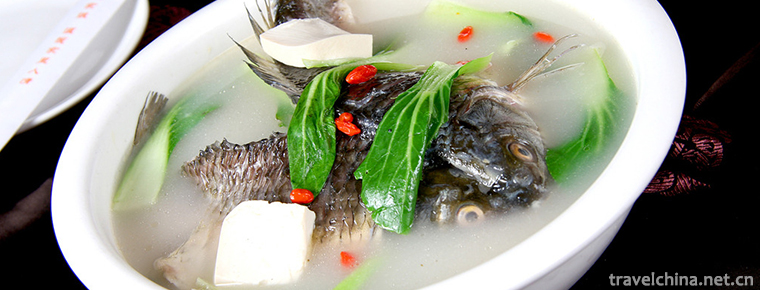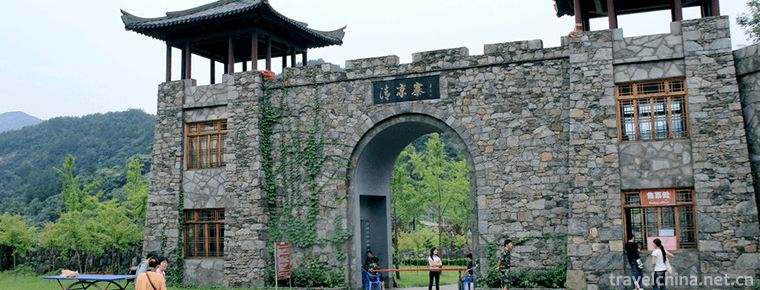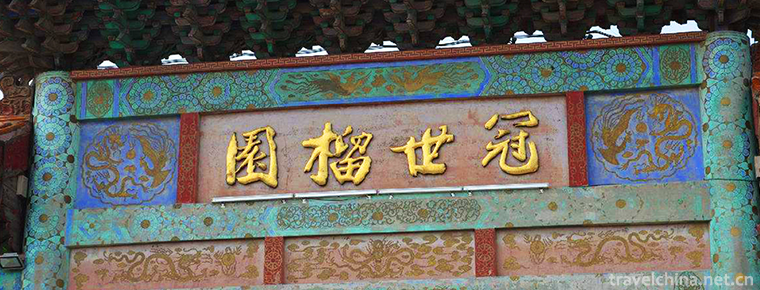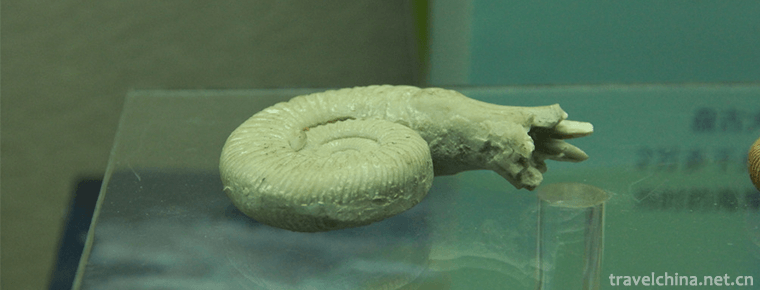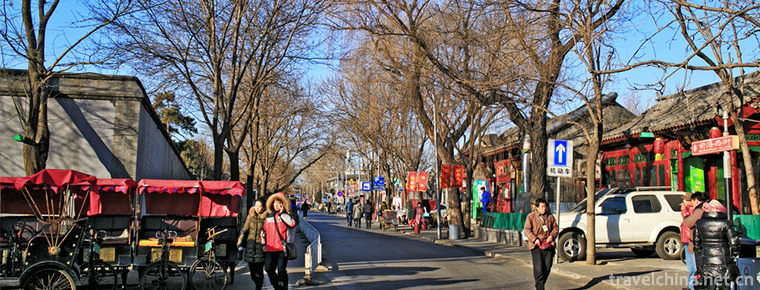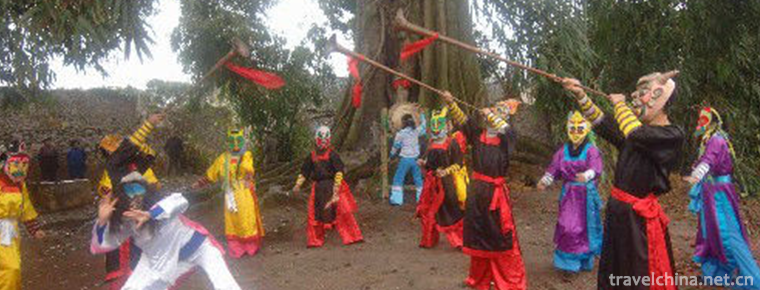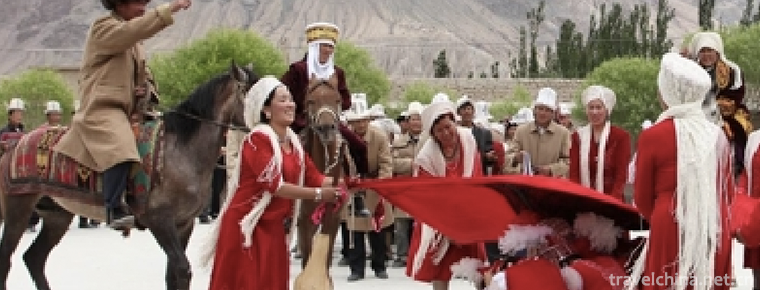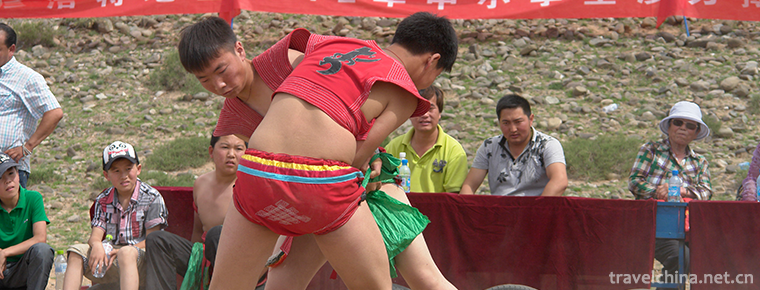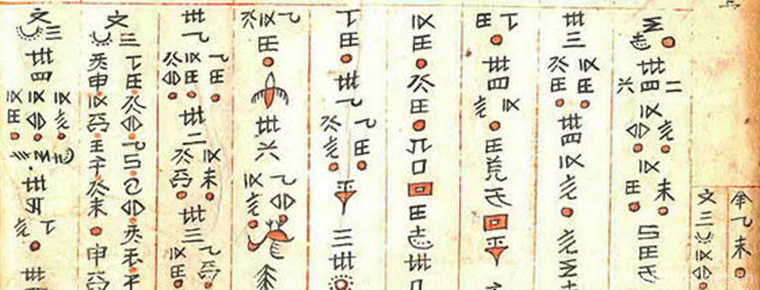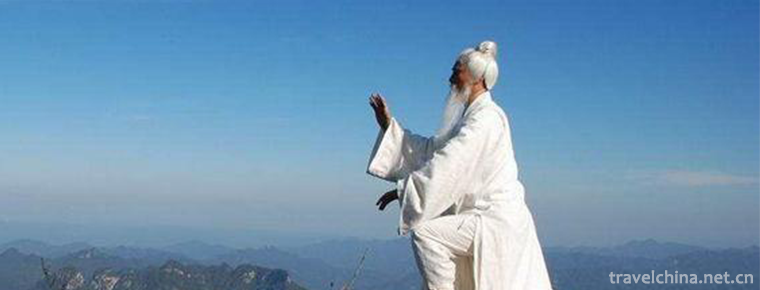Tengtou Ecological Tourism Area
Tengtou Ecological Tourism Area
Embedded between Fenghua and Xikou, Tengtou Eco-tourism Area is located in Xiaojiang Plain, close to Jiangba and Yongxi Highway. Located 6 kilometers north of Fenghua City, 27 kilometers away from Ningbo and 15 kilometers to the airport. It's 12 kilometers from the mouth of the stream. It is well-known at home and abroad for its unique eco-tourism area with "ecological agriculture", "three-dimensional agriculture", "green water, blue sky" greening project. Since winning the "Global Ecology 500" award of the United Nations in 1993, the first batch of national civilized villages, national environmental education bases, national ecological demonstration areas and the first batch of four A-level tourist attractions have won more than 40 national honors.
Development history
Tengtou, 296 households, 787 people; 6500 immigrants; 800 mu of arable land, 1.2 square kilometers. In the past, this place was famous for its poverty. "You can't marry Tengtou Village, but young offspring play bachelor". But Tengtou people rely on intelligence and hard work. With the spirit of "arduous entrepreneurship, never satisfied, hard-handed, ploughing till the end", we have propped up our own day and become a well-off model village of "one year, one year after another, one year after another, one year after another, the more and more decent, and the whole country as an example". Last year, the per capita income reached 13095 yuan. The village has become the first national "4A" eco-tourism area, and has been awarded "Global Eco-500 Best" by the United Nations. Party and state leaders, well-known personages at home and abroad and tourists came one after another. General Secretary Jiang Zemin spoke highly of "great villages" during his inspection. A poet wrote the poem "Green hills and clear waters are better than Taoyuan, Rili flowers are fragrant all the year round, where to find the fairy scenery on earth, and see Tengtou Village in Fenghua".
Main attractions
Tengtou scenic spot highlights the interactive experience of human and nature, human and culture, and creates a new tourism model for the future with a brand new concept of landscape construction. The ingenious village planning and garden construction, the ingenious combination of nature and human beings, deduced into a pastoral song of modern cities.
The scenic area is divided into East and west districts and students'social practice bases.
The eastern area is the old district. The main attractions are: pigeon square, fountain plaza, farmhouse music, pear blossom lake, bonsai garden, and thousand fish park. The entertainment items include: piggy running, big pig running, pigeons greeting, squirrels visiting new year, bullfighting half sheep, water tram, feeding red fish, wild duck flying, pear Lake rowing, duck robbing, male and female string imitation show, peasant girl recruitment, sawing timber and so on.
The western district is a new district, including rose picking area, exotic flower fruit shed, strawberry picking area, wedding garden, Sun Valley square, stone window hall, pastoral barbecue area, ploughing activity area; recreational projects include: *wheelbarrow battle, big rolling vat, weighing, rolling, grinding, soybean milk, straw shoes, making pig head rice cake, ploughing battle, loach catching, snail clam, photo yellow eel, fork fish, stone window curl Garden (Beijing Opera, Yueju Theatre Scenery), Ring of Running Iron, Gyroscope, Pastoral Barbecue, etc.
Students'social practice base is the national popular science education base for teenagers, and the national "I can do" experience base is the national "I can do" experience base. It focuses on cultivating students' innovative spirit and practical ability. Six major education programs are offered, including "patriotism, ecological environment protection, scientific popularization, military defense, labor skills, hardship development". It combines more than 100 activities of teaching and experiencing with agricultural customs and customs, so as to enable students to practice. Experience life, success and happiness in operation.
Tourism information
The tourist area has complete supporting facilities, which can accommodate more than 500 people for accommodation, more than 1000 people for meals, and has large and small meeting rooms.
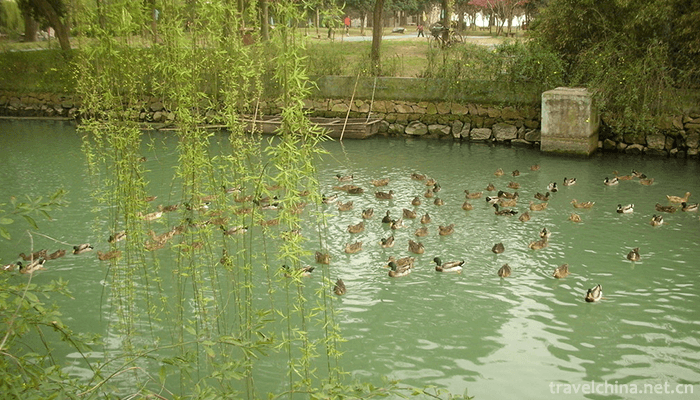
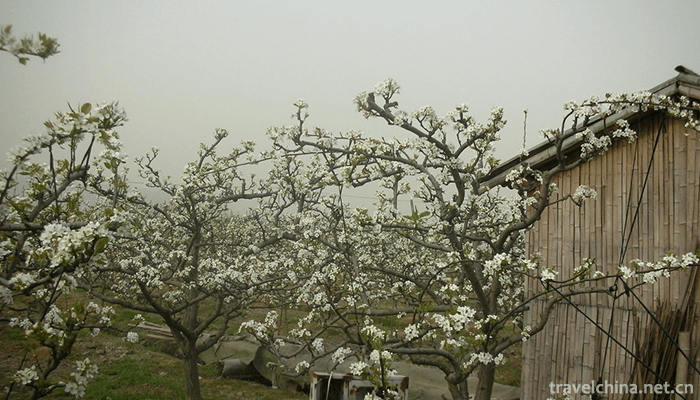
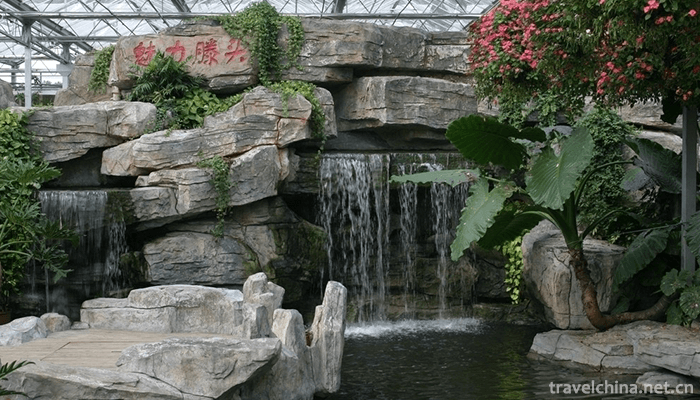
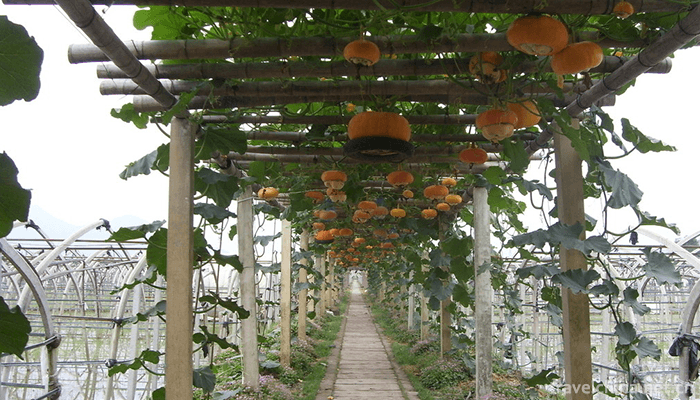
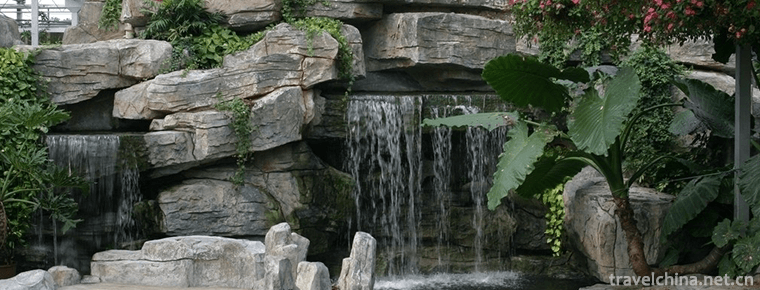
Tengtou Ecological Tourism Area
-
Crucian carp tofu soup
Carassius auratus tofu soup is a famous dish of the Han nationality. It belongs to Guangdong cuisine. It tastes salty and delicious. Carassius auratus has a very good milk-stimulating effect
Views: 1081 Time 2018-11-02 -
Huangpi Mulan Cultural Ecotourism Area
Wuhan Huangpi Mulan Cultural Eco-tourism Area is located in Huangpi District, Wuhan City, Hubei Province, including Mulan Mountain, Mulan Tianchi, Mulan Grassland
Views: 235 Time 2018-12-12 -
Guanshi Pomegranate Garden Eco cultural Tourist Area
Guanshi Pomegranate Garden Eco-cultural Tourist Area is located in the south of Zaozhuang City, Shandong Province, and in the west of Fucheng District. It is 22.5 kilometers long in East and 22.5 kilo
Views: 172 Time 2018-12-26 -
Chengjiang biota
Chengjiang biota is located near Maotianshan, Chengjiang, Yunnan Province, China. The stratum of Chengjiang biota is yellow-green silty shale of Yudanshan section of Qiongzhusi Formation of Lower Camb
Views: 191 Time 2019-01-05 -
Guo Moruos Former Residence in Beijing
Guo Moruo's former residence is located at No. 18, Qianhaixi Rim, Xicheng District. Originally a garden in Heling in Qing Dynasty, it became the forage yard and stables of Yixian Mansion of Prince Gon
Views: 369 Time 2019-01-13 -
March 3 of Buyi Nationality
Buyi "March 3" is a traditional festival held by Buyi people on the third day of March in the lunar calendar. It mainly takes the form of offering sacrifices to the gods of the society and s
Views: 188 Time 2019-04-04 -
hubei drum
The original name of Hubei drum is "drum book", also known as "drum storytelling" and "drum Beijing tune", etc. It is a traditional rap art popular in Xiaogan
Views: 162 Time 2019-05-03 -
Kirgizyolon
The "Yolong Song" of Kirgiz is a kind of folk etiquette song spread in the Kirgiz inhabited area living in Pamir area. As a cross-ethnic, cross-cultural and cross-regional phenomenon of folk
Views: 311 Time 2019-05-09 -
Sharipol wrestling
Shaliboer style wrestling is a national traditional sports event originally created and retained by the Weilat Mongolian people. It is one of the main sports events in the Uznada Mu Grand Event in Ala
Views: 168 Time 2019-06-12 -
Shui Shui Custom
"Shuishu" is a prototype written by the ancestors of the Shui nationality of the minority nationalities in Southwest China. Shui Shu custom is the formation, development and inheritance of S
Views: 214 Time 2019-06-15 -
Taiji boxing
Taijiquan, a national intangible cultural heritage, is based on the traditional Chinese Confucian and Taoist philosophy of Taiji, Yin-Yang dialectical concept as the core idea, integrating many functi
Views: 199 Time 2019-06-18
